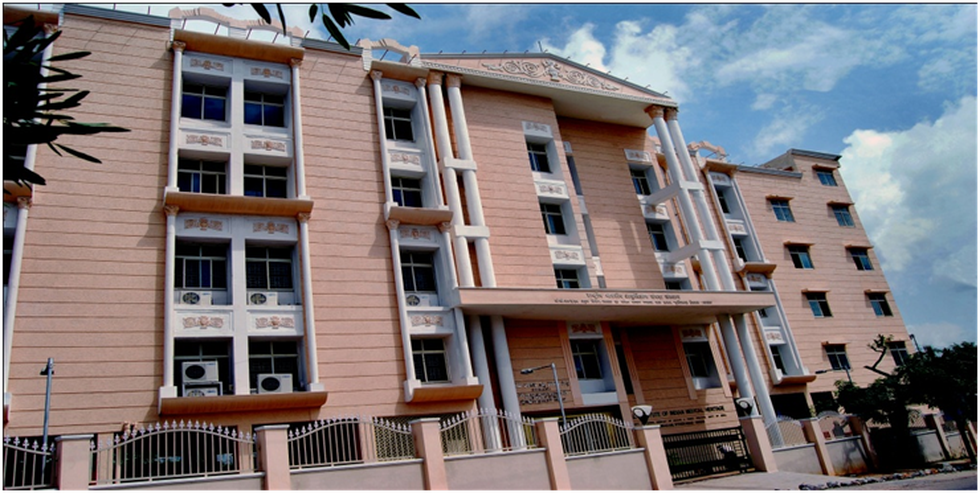The World Health Organization (WHO) has initiated a strategic partnership with the National Institute of Indian Medical Heritage (NIIMH) in Hyderabad, India, aiming to integrate traditional medicine into global healthcare.
Background
NIIMH is renowned for expertise in Ayurveda, Siddha, and other traditional Indian medical systems. This alliance underscores WHO’s commitment to exploring and utilizing the potential of traditional medicine worldwide.
Objectives
The partnership focuses on collaborative research to assess the efficacy, safety, and quality control of traditional medicines, particularly those from India’s herbal and holistic healing traditions.
Statements from Key Figures
- Dr. Tedros Adhanom Ghebreyesus, Director-General of WHO:
- Expresses optimism about harnessing traditional medicine’s potential to enhance global healthcare options.
- Emphasizes the importance of evidence-based research to ensure traditional medicines meet rigorous scientific standards.
- Dr. Srinivasulu Gadugu, Director of NIIMH:
- Highlights NIIMH’s commitment to advancing scientific validation of traditional medicines.
- Stresses readiness to contribute research capabilities and traditional knowledge to the collaboration.
Expected Outcomes
The partnership aims to facilitate mutual learning, knowledge exchange, and deepen understanding of traditional medicine’s role in addressing contemporary health challenges.
Impact
Collaborations like this are expected to reshape global health research and practice, supporting WHO’s advocacy for universal health coverage and equitable access to healthcare services.
Multiple Choice Questions (MCQs) with Answers:
- What is the primary objective of the partnership between WHO and NIIMH?
- A) To promote modern medical practices in developing countries.
- B) To integrate traditional medicine into global healthcare.
- C) To establish new healthcare facilities in rural areas.
- D) To explore space for herbal medicine cultivation.
- Answer: B) To integrate traditional medicine into global healthcare.
- Which traditional medical systems is NIIMH known for?
- A) Traditional Chinese Medicine (TCM)
- B) Homeopathy
- C) Ayurveda and Siddha
- D) Acupuncture
- Answer: C) Ayurveda and Siddha
- Who emphasized the importance of evidence-based research in integrating traditional medicines?
- A) Dr. Srinivasulu Gadugu
- B) Dr. Tedros Adhanom Ghebreyesus
- C) The Indian Ministry of Health
- D) The Director-General of NIIMH
- Answer: B) Dr. Tedros Adhanom Ghebreyesus
- What role does NIIMH play in the partnership with WHO?
- A) Providing financial support
- B) Advocating for policy changes
- C) Conducting collaborative research
- D) Distributing traditional medicines
- Answer: C) Conducting collaborative research
- What is one expected outcome of the WHO-NIIMH partnership?
- A) Increased taxation on traditional medicines
- B) Deeper understanding of traditional medicine’s role in healthcare
- C) Reduction in global pharmaceutical exports
- D) Expansion of modern medical training programs
- Answer: B) Deeper understanding of traditional medicine’s role in healthcare
